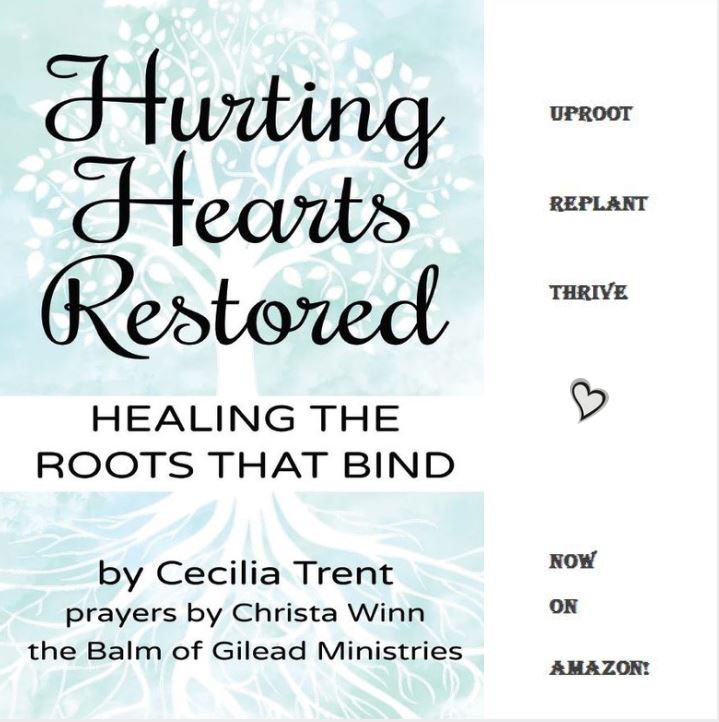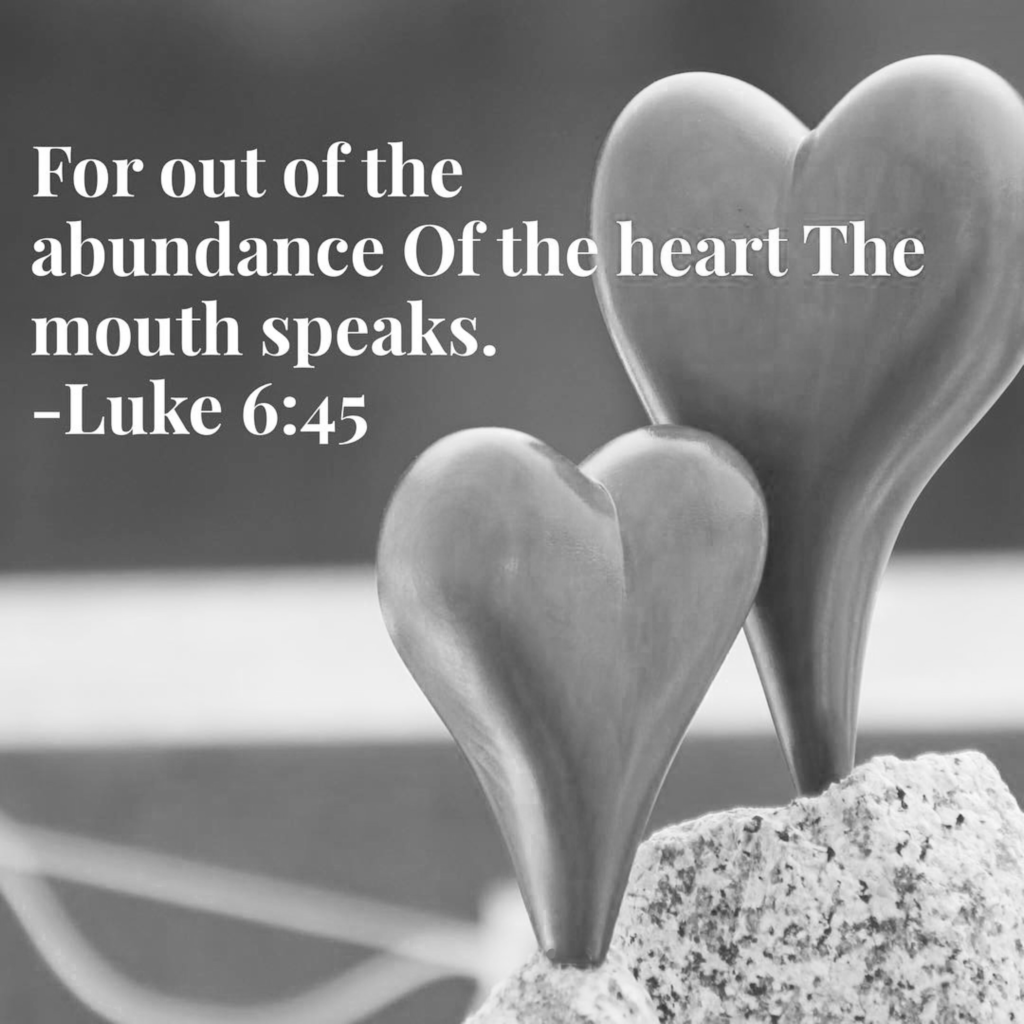Enablers are people that may appear to be extremely strong, independent and self-sufficient, but are in reality often very needy, insecure and in need of acceptance. This need for security and approval results in a strong sense of responsibility for others, dependence on people, people pleasing and performance. It also results in compromising morals, values, and beliefs as well as condoning sin. Enabling someone’s sin is the same as indirectly taking part in that sin, and 1 Timothy 5:22 says, “Do not participate in the sins of others.”
Below are some characteristics of people who are enablers.
(Think of the person that you are closely involved with, a spouse, child, parents, relative, friend, co-worker, boss, etc. and see if you identify with any of these statements).
- I feel responsible for the needs, feelings, and behaviors of this person.
- I try to fix their problems, even when it affects my emotional well-being.
- I know their needs and feelings but don’t know my own.
- I do things for this person they should and are capable of doing for themselves.
- I get angry when my help is not wanted, needed, or appreciated.
- I tend to come across rigid and judgmental.
- I am harsher on myself than others.
- I tend to deny my own feelings and needs
- I feel guilty when I stand up for myself.
- I find it hard to say “No.”
- I feel good when I give but find it hard to receive from others.
- I try hard to be perfect to avoid anger or criticism.
- I look for my value and worth in the approval of others.
- I find that I am attracted to needy people & they are attracted to me.
- I am defensive about my relationship with this person.
- I feel victimized and taken advantage of by this person.
- I feel stuck in this relationship with this person.
- I can’t live without this person.
If you can relate to many of these statements, it is most likely that you are engaged in a relationship where you are enabling the unhealthy behavior (sin) of another person. Interestingly enough, it may surprise you to know that you share many of same characteristics of the personality type of the people you tend to enable. More surprising to you may be finding out that enablers and those being enabled enter into the relationship with one thing in common – NEED! Both desperately need each other. Each is seeking to get a need met that each is incapable of meeting because there is only ONE who can meet our needs. Both have learned to function in an environment that is imbalanced where one is doing all the taking, and the other is doing all the giving. It has become their normal and breaking the dynamic can be extremely difficult.
But you can be free! Commit today to get help and get to the root of why you engage in relationships where you condone and encourage negative behavior by enabling. There is nothing that our God cannot do with a willing and surrendered heart.







